Disclosure: This article contains affiliate links. We may earn a commission from purchases at no extra cost to you, which helps our travel content.
The moment my motorcycle taxi crested the hill overlooking Ngozi, Burundi's second-largest city, I knew this wouldn't be like my previous culinary expeditions. No tourist infrastructure, no English menus, not even a proper guidebook entry—just pure, unadulterated Burundian food culture waiting to be discovered. After years documenting Southeast Asian street food and Central American markets, I found myself drawn to this overlooked corner of East Africa, where traditional cooking techniques remain largely unchanged for generations. What followed was a week of flavor revelations that challenged everything I thought I knew about African cuisine.
Navigating Ngozi's Central Market
Ngozi's central market isn't listed in any travel guides, and that's precisely why it deserves your attention. Unlike the more tourist-oriented markets in Bujumbura, this is where locals shop daily, creating a symphony of commerce that begins before sunrise.
On my first morning, I arrived at 6:30 AM armed with my pocket translator (an absolute lifesaver in a country where French and Kirundi dominate) and an empty stomach. The market follows a logical layout once you understand it—fresh produce near the eastern entrance, grains and dried goods in the center, and prepared foods along the western edge.
I quickly befriended Claudine, a vendor selling ibihaza (pumpkin), who became my unofficial guide after I purchased several kilos of her produce for a cooking lesson later that day. Through her, I learned to identify regional specialties like isombe (cassava leaves) and the prized white eggplants unique to Burundi's northern provinces.
The market's rhythms dictate that Tuesday and Friday mornings offer the freshest selection, while Saturday afternoons provide the best bargains as vendors reduce prices rather than take perishables home.
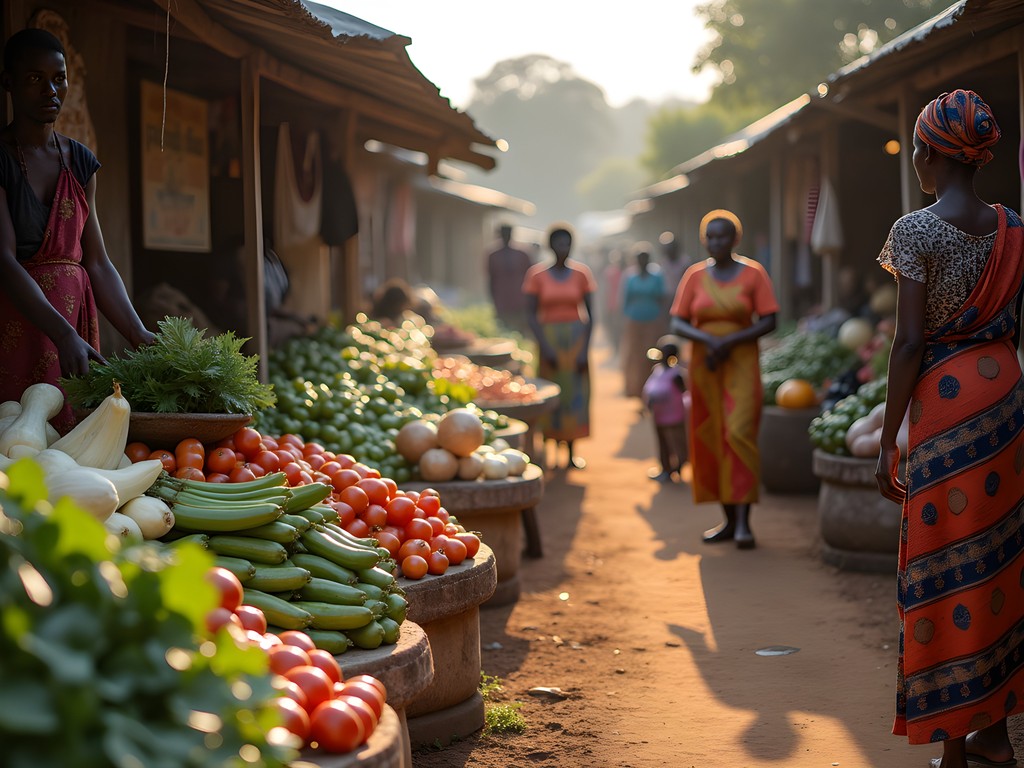
💡 Pro Tips
- Bring small bills (Burundian francs) as change is perpetually scarce
- Shop early (6-8 AM) for the freshest produce and authentic local experience
- Learn basic Kirundi greetings—'Amahoro' (peace) opens many doors
The Art of Burundian Coffee
Burundi may not be the first country that comes to mind when thinking of coffee destinations, but this tiny nation produces some of Africa's most distinctive beans. The volcanic soils around Ngozi create perfect growing conditions, and the region is dotted with small processing stations where farmers bring their cherries.
I spent a fascinating morning at the Kayanza Coffee Cooperative, where manager Jean-Claude walked me through their meticulous processing methods. Unlike mass-produced coffee, Burundian beans are still largely handpicked and wet-processed, preserving delicate flavor notes that would otherwise be lost.
The traditional Burundian coffee ceremony bears similarities to Ethiopia's more famous ritual but with unique elements. Coffee is typically served with amandazi (sweet fried bread) rather than popcorn, and the brewing process involves multiple infusions from the same grounds.
I couldn't leave without securing some beans to take home, and my manual coffee grinder has been getting a workout since returning. The bright citrus notes and berry undertones of Ngozi beans make for exceptional pour-overs that transport me back to those misty hillsides with each cup.
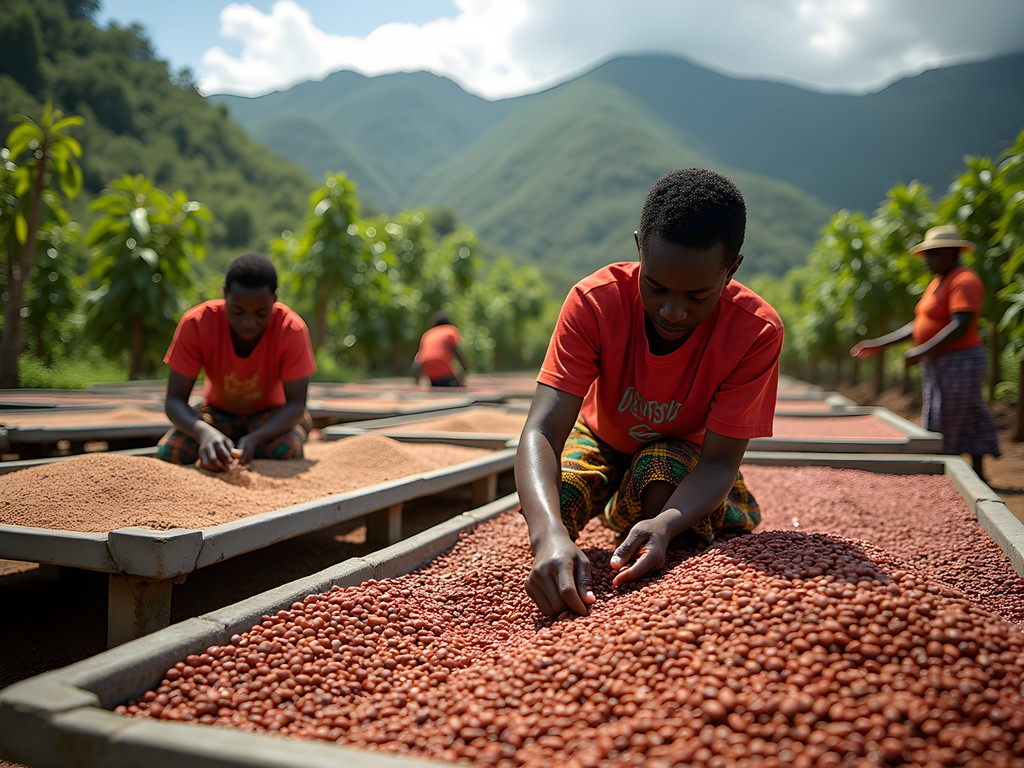
💡 Pro Tips
- Visit coffee cooperatives mid-week when processing is in full swing
- Purchase beans directly from cooperatives for better prices and fresher product
- Look for beans from the Kayanza region, known for their complex acidity
Home Cooking with Mama Aline
No amount of market exploration can replace the experience of cooking in a local home, which is why I consider my afternoon with Mama Aline the highlight of my Ngozi adventure. Through a connection at my modest guesthouse, I was invited to this grandmother's compound to learn the secrets of Burundian home cooking.
Mama Aline's outdoor kitchen consisted of three stone hearths under a simple tin roof—a setup that's remained unchanged for generations. Her cooking tools reminded me of my grandmother's kitchen in Yokohama, where simplicity and tradition produced the most memorable flavors.
We began by preparing isombe, a labor-intensive dish of pounded cassava leaves cooked with palm oil and peanuts. The process involves repeatedly crushing the leaves with a wooden mortar and pestle to break down their tough fibers—a technique I quickly learned requires both patience and upper body strength!
Next came ikuyu, a porridge-like dish made from cassava flour that serves as Burundi's staple starch. Mama Aline showed me how to achieve the perfect consistency by continuously stirring with a specific wooden paddle designed for this purpose.
The centerpiece of our meal was agatoke, a slow-cooked beef stew flavored with indigenous herbs I'd never encountered before. I was particularly intrigued by ibisunzu, a root with medicinal properties that added both earthy depth and healing properties to the dish.

💡 Pro Tips
- Arrange cooking lessons through local guesthouses rather than tour companies for authenticity
- Bring small gifts for host families—coffee from your home country is always appreciated
- Ask about medicinal uses of cooking herbs, as many Burundian dishes double as traditional remedies
Burundi's Liquid Gold: Banana Beer
No culinary exploration of Burundi would be complete without experiencing urwarwa—traditional banana beer that serves as both daily refreshment and ceremonial drink throughout the country. In Ngozi, I discovered that nearly every neighborhood has its designated brewer, typically a respected woman who has inherited recipes and techniques through generations.
After several inquiries, I was directed to Mama Josephine's compound on the outskirts of town. Her brewing operation occupied a dedicated hut where green bananas were ripened, mashed, and fermented in a process that takes approximately three days. The equipment was refreshingly minimal—mostly handwoven baskets, clay pots, and the fermentation containers I'd brought as a gift (which she examined with great interest but politely set aside in favor of her traditional vessels).
The fermentation process relies on sorghum flour as a catalyst, creating a cloudy, tangy beer with roughly 5% alcohol content. What fascinated me most was the social dimension of consumption—urwarwa is traditionally served in a large pot with multiple long straws, allowing several people to drink simultaneously. This communal approach reflects Burundi's emphasis on shared experience and community bonds.
Mama Josephine explained that while commercial versions exist in bottles, true urwarwa must be consumed within 24 hours of completion, as the fermentation continues and the flavor profile changes rapidly. The fresh batch we sampled had a complex, slightly smoky flavor with notes of clove and ripe banana that no commercial version could replicate.
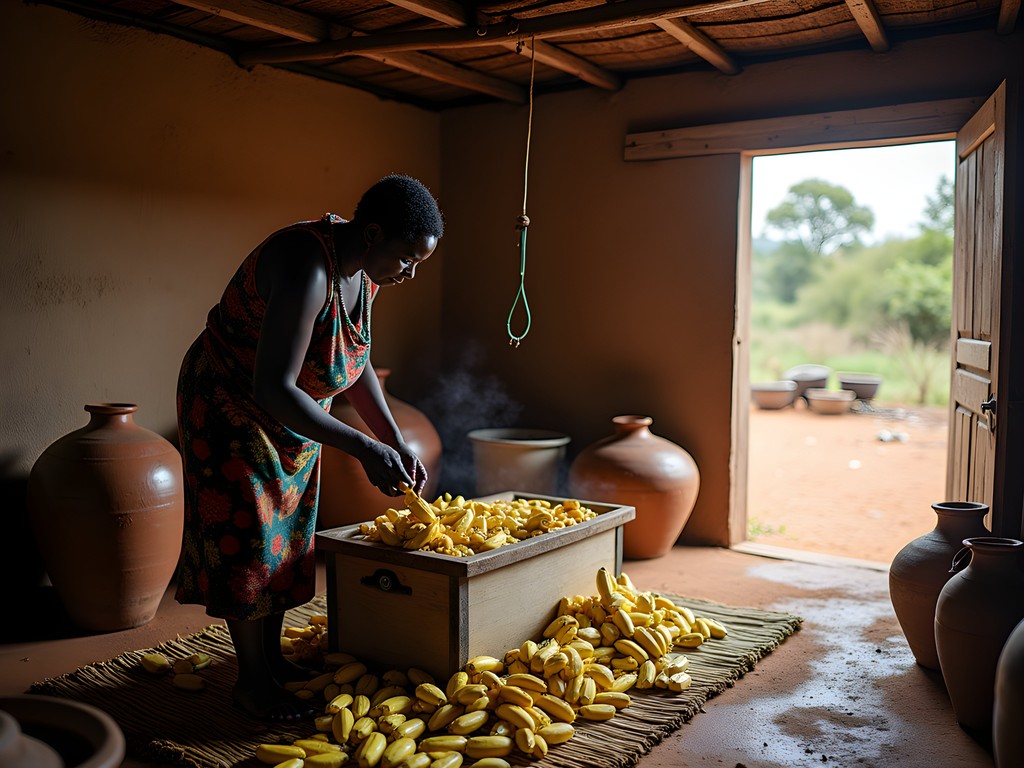
💡 Pro Tips
- Ask your guesthouse host to connect you with a local banana beer brewer
- Bring a clean, empty water bottle to take some fresh brew back to your accommodation
- Always offer payment for tastings—5,000-10,000 Burundian francs is appropriate
Medicinal Herbs and Culinary Crossovers
My background in traditional Asian medicine always draws me to the healing aspects of local cuisines, and Burundi offered fascinating parallels to practices I grew up with in Japan. At Ngozi's weekly medicinal market—a smaller affair held Thursdays behind the main marketplace—I discovered an entire pharmacopeia of plants that serve dual purposes as both food and medicine.
Armed with my field notebook and a local translator named Emmanuel, I documented dozens of herbs, roots, and barks that form the backbone of traditional Burundian healing. The vendors, primarily older women, were initially hesitant but warmed up when I shared knowledge of similar plants from Japanese and Filipino traditions.
Particularly interesting was umuvumba, a bitter root that's incorporated into stews as a digestive aid but also prescribed for more serious intestinal ailments. The preparation methods—drying, grinding, and specific soaking times—mirrored techniques my grandmother used with different plants half a world away.
Emmanuel introduced me to his aunt, a respected local healer who invited us to her consultation space. There, she showed me how umunguramaro leaves are crushed and added to specific dishes during pregnancy to ensure maternal health—a practice remarkably similar to how my mother was treated with specific herbs during her pregnancy in Yokohama.
What struck me most was how seamlessly medicinal use integrated with daily cooking. Unlike Western approaches that separate food and medicine, Burundian cuisine inherently incorporates preventative health principles into everyday meals—a holistic approach increasingly validated by modern nutritional science.
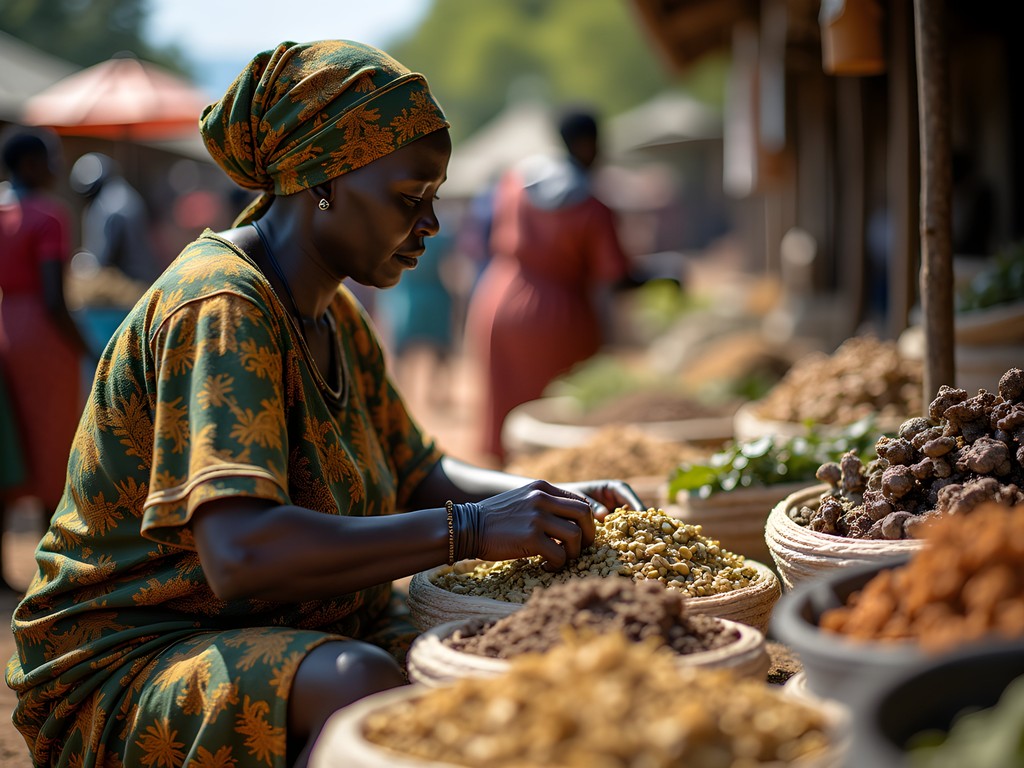
💡 Pro Tips
- Visit the medicinal market on Thursday mornings with a local guide who can translate
- Show respect by asking permission before photographing medicinal plants or healers
- Purchase small amounts of cooking herbs like ibisunzu that can legally be brought home
Final Thoughts
As my week in Ngozi drew to a close, I found myself lingering over a final cup of Burundian coffee at a small roadside stand, reluctant to leave this place that had so generously shared its culinary secrets with me. What struck me most wasn't just the distinctive flavors—though the earthy depth of isombe and the complex tang of fresh urwarwa will certainly stay with me—but the profound connection between food, community, and healing that permeates Burundian cuisine.
In our increasingly homogenized global food culture, places like Ngozi remind us that authentic culinary traditions aren't just about taste but about preserving cultural knowledge and community bonds. Every dish I learned carried stories—of agricultural practices adapted to specific landscapes, of healing wisdom passed through generations, of celebrations and daily sustenance intertwined.
If you're drawn to culinary adventures that venture beyond the well-documented food scenes of more touristed destinations, Burundi—and specifically Ngozi—offers rewards for those willing to navigate its challenges. Bring patience, respect, and an open palate. What you'll discover isn't just new flavors but a profound reminder of why preserving diverse food traditions matters in our rapidly changing world.
✨ Key Takeaways
- Burundian cuisine represents an undiscovered culinary tradition that masterfully blends nutrition, medicine, and cultural preservation
- Local cooking techniques in Ngozi remain largely unchanged for generations, offering authentic experiences increasingly rare in more touristed destinations
- The integration of medicinal herbs into everyday cooking reflects a holistic approach to health worth learning from
📋 Practical Information
Best Time to Visit
June-August (dry season)
Budget Estimate
$30-50/day including accommodation, food and local transport
Recommended Duration
5-7 days
Difficulty Level
Challenging
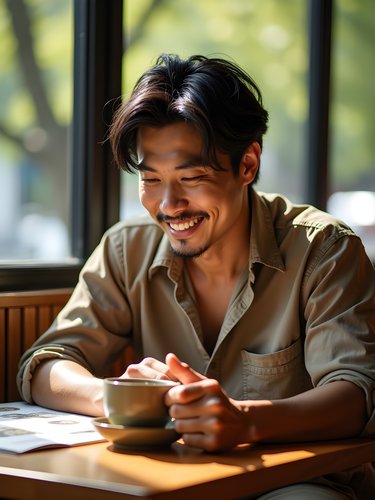
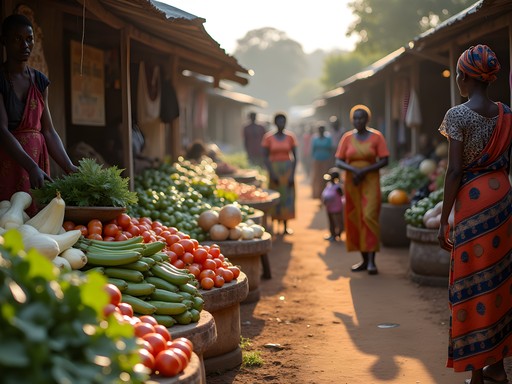
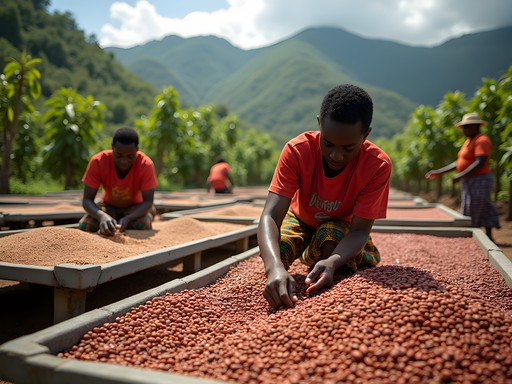


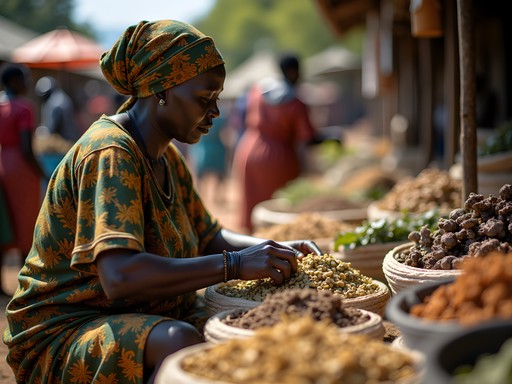


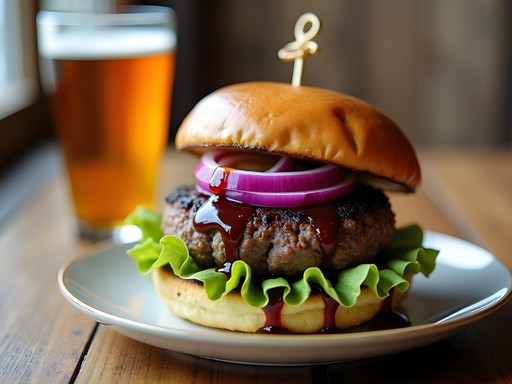
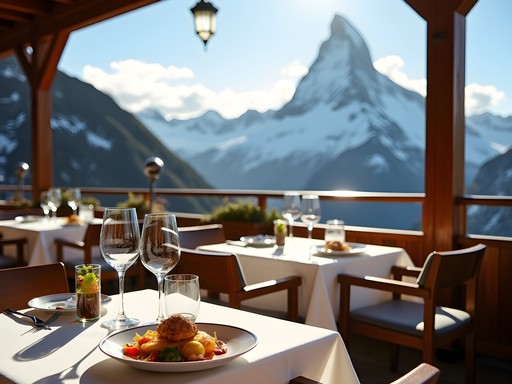
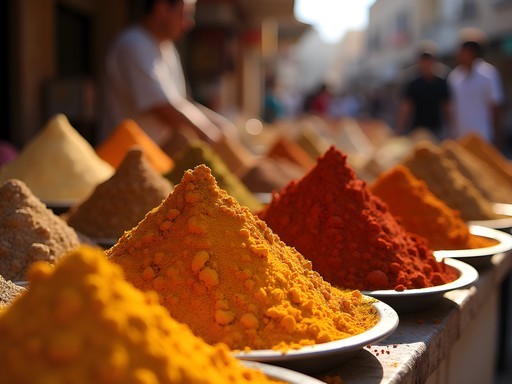
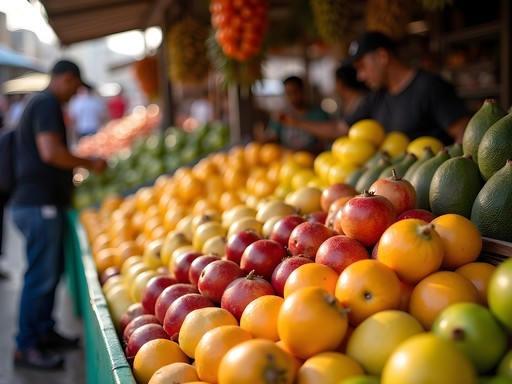
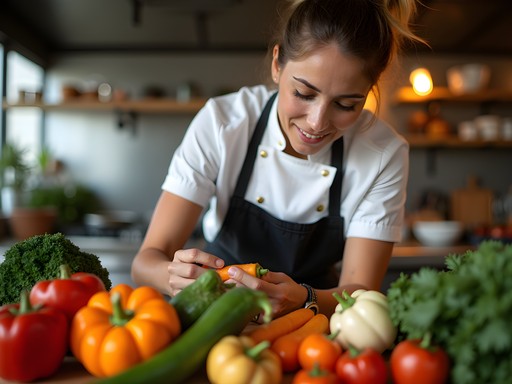
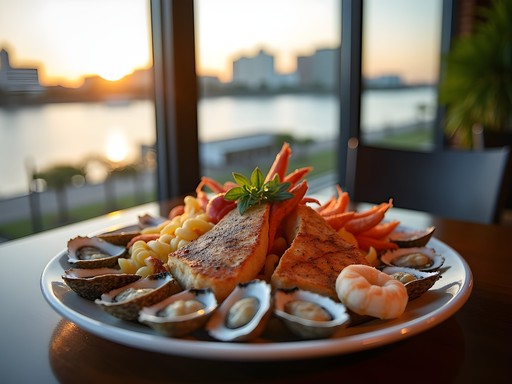
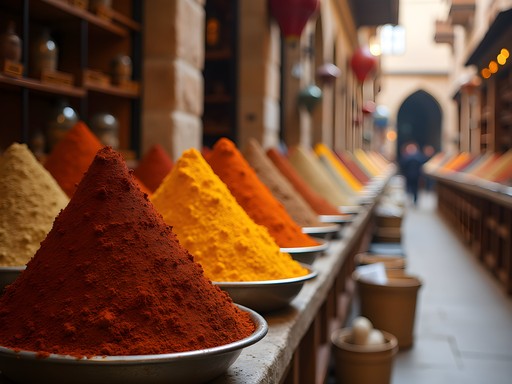
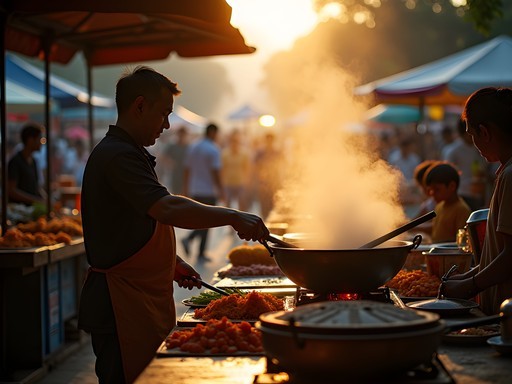
Comments
photolover
The market photos are stunning! Really captures the atmosphere.
moonstar
This sounds amazing! Quick question - did you manage to bring any of that coffee back home? Been wanting to try real Burundian coffee for ages.
Nicholas Ramos
I did! Bought about 2kg from the market. Just make sure it's properly sealed for customs. The coffee vendors at the central market were super helpful with packaging it up for travel.
moonstar
Perfect, thanks!
Hunter Thompson
Mate, this is brilliant! I've been wanting to get to Burundi for ages but everyone keeps telling me it's too difficult. Your post has properly convinced me to just go for it. The banana beer section especially - I tried something similar in Rwanda and it was mental. How long would you say someone needs in Ngozi to get the full experience? I'm thinking of combining it with a trip to Lake Tanganyika. Also, did you manage to find any decent accommodation or were you wild camping it?
Nicholas Ramos
Do it! I'd say 4-5 days minimum in Ngozi. There are a few basic guesthouses near the market - nothing fancy but clean and cheap. The lake is absolutely worth combining!
Hunter Thompson
Cheers! That's exactly what I needed to know.
happymate
How did you find Mama Aline? Did you just ask around or was it arranged beforehand?
Nicholas Ramos
I asked my motorcycle taxi driver if he knew anyone who'd be willing to teach me cooking, and he brought me straight to his aunt! Sometimes the best experiences come from just asking locals.
WanderlustSoul
That dish with cassava and beans looks amazing! Recipe please?
Nicholas Ramos
It's called 'Ibiharage' - I'll post the recipe Mama Aline taught me in a follow-up article next week!
TravelingChef
If you're into the coffee scene there, try to visit during harvest season (May-July). The difference in freshness is mind-blowing! I still have beans from my trip that I'm rationing like gold.
AfricaLover22
Those market photos are incredible! How safe did you feel walking around with camera equipment?
Nicholas Ramos
I felt completely safe! I was using a small mirrorless camera, nothing flashy. Always asked permission before taking photos of people. Ngozi isn't touristy so people were more curious than anything else.
Kimberly Murphy
Nicholas, this post brought back so many memories! I visited Burundi last year but didn't make it to Ngozi. The coffee culture there is INCREDIBLE, isn't it? I still dream about those fresh beans. Your experience cooking with Mama Aline sounds like exactly the kind of authentic connection I'm always searching for when traveling. Did you find it difficult to arrange that homestay experience? I'm heading back to East Africa next spring and would love to include Ngozi this time. I found my phrasebook absolutely essential for connecting with locals outside the cities.
Nicholas Ramos
Thanks Kimberly! The homestay wasn't pre-arranged at all - I met Mama Aline's son at a coffee shop who offered when I mentioned wanting to learn about local cooking. Definitely recommend just putting yourself out there and being open to connections. The people in Ngozi were incredibly hospitable. Let me know when you're planning your trip - happy to share more specific contacts!
Kimberly Murphy
That's brilliant - sometimes the unplanned connections are the most meaningful! I'll definitely reach out before my trip. Your motorcycle taxi adventure sounds like exactly my kind of travel!
luckyvibes
Wow, banana beer sounds wild! Did it taste good or was it one of those 'experience' things you try once?
Nicholas Ramos
Honestly, it's an acquired taste! Very sour at first but by the third sip I was starting to appreciate it. Definitely not just a one-time thing - locals drink it daily!
luckyvibes
Haha thanks for the honest review! I'm adding it to my 'must try' list for when I visit.
smartnomad
Those market photos are incredible! Adding Burundi to my bucket list right now 📝
redstar
Same here! I'd never considered Burundi before but the food looks amazing!
Venture X
Premium card with 2X miles, $300 travel credit, Priority Pass